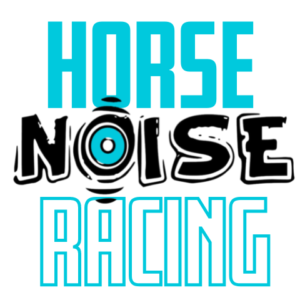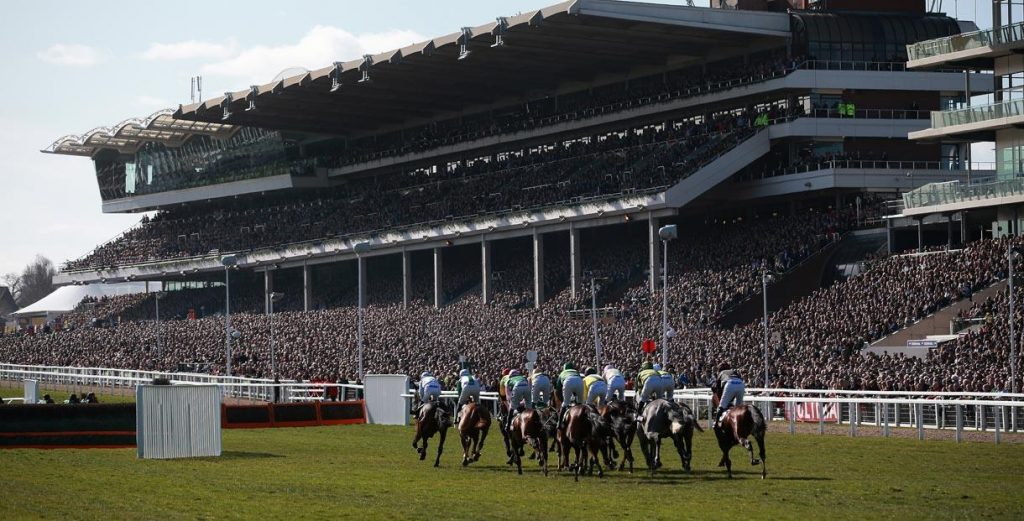It does not matter if you are attending the Royal Racemeeting at Ascot in England, the Dubai World Cup at Meydan Racecourse in the United Arab Emirates, the Breeders Cup in the USA, or the Met at Kenilworth Racecourse in Cape Town.
The racegoer can only be enchanted by those majestic thoroughbreds racing competitively in those world-renowned races. However, Racing takes place daily across the globe, and for the bulk of the year, those world-renowned race meetings are replaced by the bread and butter meetings that do not capture the imagination of the horseracing public as the iconic races do.
How do Racecourses make Money? The main income streams for Racecourses are the takings from the various exotic pools, which are a feature of all racing meetings every day. Racecourses retain a percentage of exotic pools daily to supplement their income and charge an entrance fee for horse racing enthusiasts to enter the course.
Secondly, the Nomination Fees that trainers pay to the racecourse. These nomination fees will be minimal for the lower stakes races and substantial nomination fees for Feature Races, all graded. Thirdly, the income received from television broadcasters for the rights to stream horseracing live into Totalisator Agencies and Homes across the globe. The Fourth income stream will be hiring the racecourses for the public for social gatherings or conferences.
Horse Racing is Digital
Like many other sports, horse racing has gone digital, and you can now watch races online from wherever you are, making it a more accessible sport than it was before. As short a period as five to ten years ago, the only way to watch a race was by travelling to the racecourse.
Today, you can have a virtual totalisator (TAB) operating on your Laptop/Smart Television. All you will require is a fibre connection with a reasonable speed, registering for an account with the TAB and Bookmaker, and you can bet on a race and watch the race in real-time.
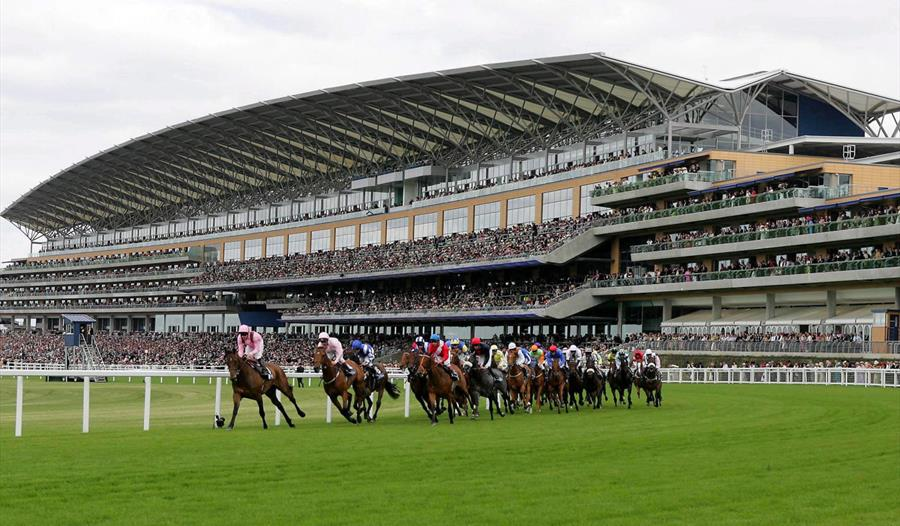
Social Media has made the life of a punter, who prefers the comfort of his lounge or man cave to travelling to the racecourse, so much easier. For the seasoned punter/horse racing analyst, form study has also been more accessible, with many form study publications now available online.
Racecourses – Casino or no Casino in the USA
In the USA, many racecourses are situated beside a casino. However, those that do not charge an entrance fee. These single entities, those that do not have casinos, charge admission to supplement their income streams. All racetracks in the USA also make Money from concessions, advertisements programs, and souvenirs. The racecourses, which have higher stakes and attract the better class of horses to their race meetings, will charge a higher entry cost on iconic race days, notably their Triple Crown events.
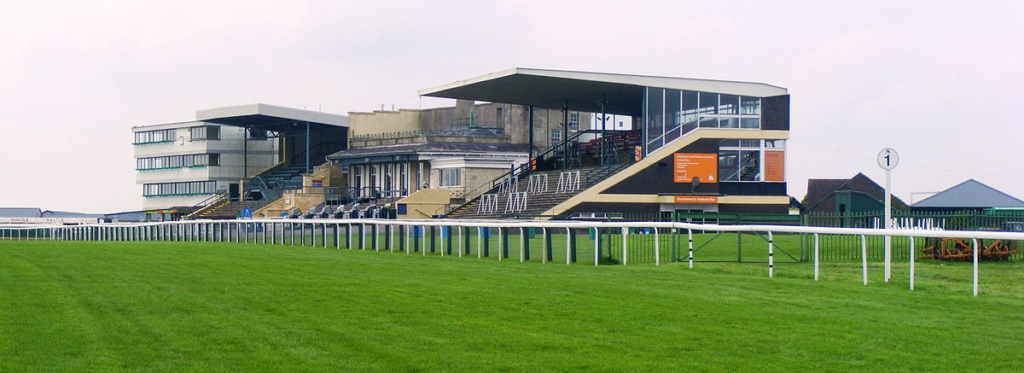
Racinos, which are racetracks with casinos connected, usually do not charge entrance. Instead, they earn Money by taking a portion of the funds placed in the Casino and their regular percentage of the amount wagered on the races themselves.
Each state regulates the track’s retention percentage from casino wagering, which varies considerably. This Money is used to boost the racecourse income stream, and it has been credited with a significant rise in the amount of money horses race for at such facilities. This Money has also been used to upgrade racetracks for Punters.
Racecourses – Racinos or Not in the UK
In 2014, Wolverhampton Racecourse axed its bid to open the country’s first-ever ‘racino’ casino. Management, who had been battling for years for the right to create the multi-million-pound ‘racino’ at its Dunstall Park base.
It would have formed part of a £23 million master plan for the site, which would have included a hotel expansion and conference facilities. But Wolverhampton City Council has confirmed that the racecourse has now shelved the Casino, which was six years in the pipeline.
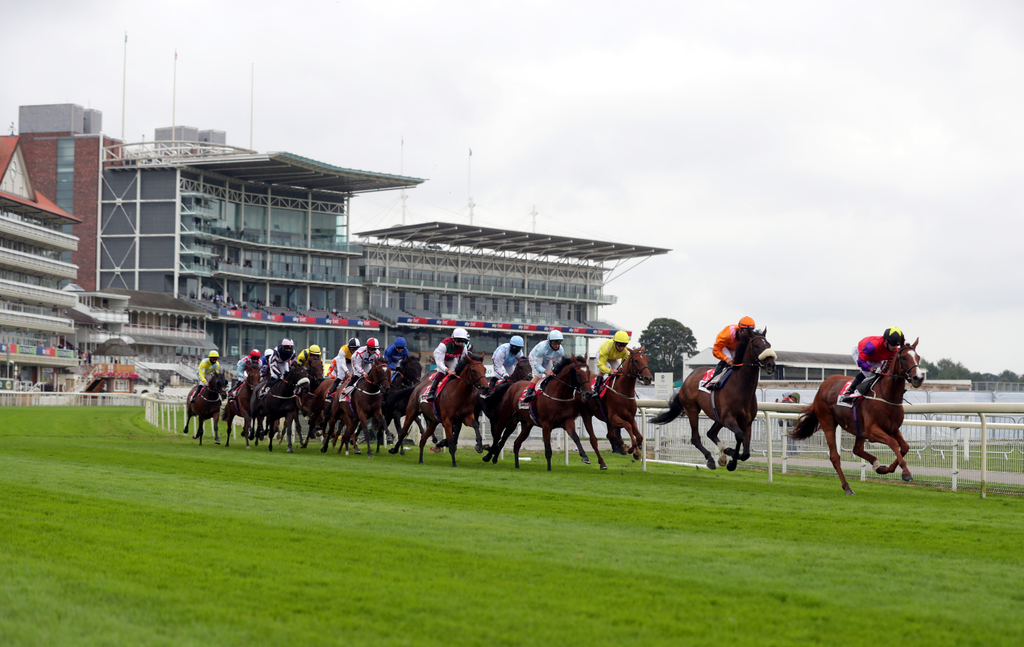
Since then, no more plans have been forthcoming from any racecourses for plans with any more Racinos. It has worked very well in the USA and supplemented many of the less well-known racecourses with supplemental income streams. Racecourses in the United Kingdom may have to rethink this option in the future.
Horse Racing 24/7/365
As the world has shrunk due to social media and its plethora of digital platforms, horse racing has become a multi-billion currency business employing hundreds of thousands of people daily. Races are being run and bet on daily, and the punter can bet and watch most races live.
Punters can bet on Australian horse racing in the early morning hours in the UK, then switch their attention to South African Racing, then the UK offering starts and can end the evening across the pond in the USA. However, as exhilarating as the prospect of around-the-clock horse racing sounds, remember that sleep is just as important body as form study is for the brain.
Horse Racing the Sport – The Premier League & Sky
At the latest Asian Racing Conference, Jockey Club CEO Winfried Engelbrecht-Bresges said that Racing earns 65 per cent of its income from wagering, with just a minor portion coming from television and advertising. Then there’s the English Premier League, of course.
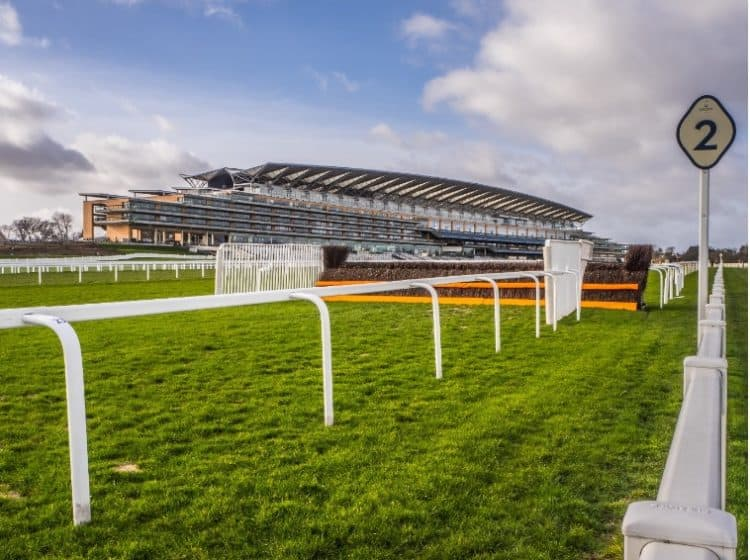
Sky, the owner of Sky News, and BT agreed in 2018 to pay £4.5 billion to air live matches from 2019/20 to 2021/22, with a further tranche of games sold to Amazon Prime for an undisclosed fee. The new agreement extends from 2022/23 to 2024/25, with an estimated total value of over £5.1 billion.
Compare the broadcasting rights paid by Sky to the English Premier League versus the broadcasting rights received by Horseracing Authorities, and one can see where all the Money is being channelled.
Horse Racing – Needs to Evolve
Punters, whether they have a penchant for the Casino, sports betting or the equine thoroughbreds, all want to be entertained.
If the horse racing industry wants to capture a more significant percentage of the leisure Dollar, Pound, Rand, Australian Dollar or Hong Kong Dollar, they will have to evolve with the modern-day punter.
